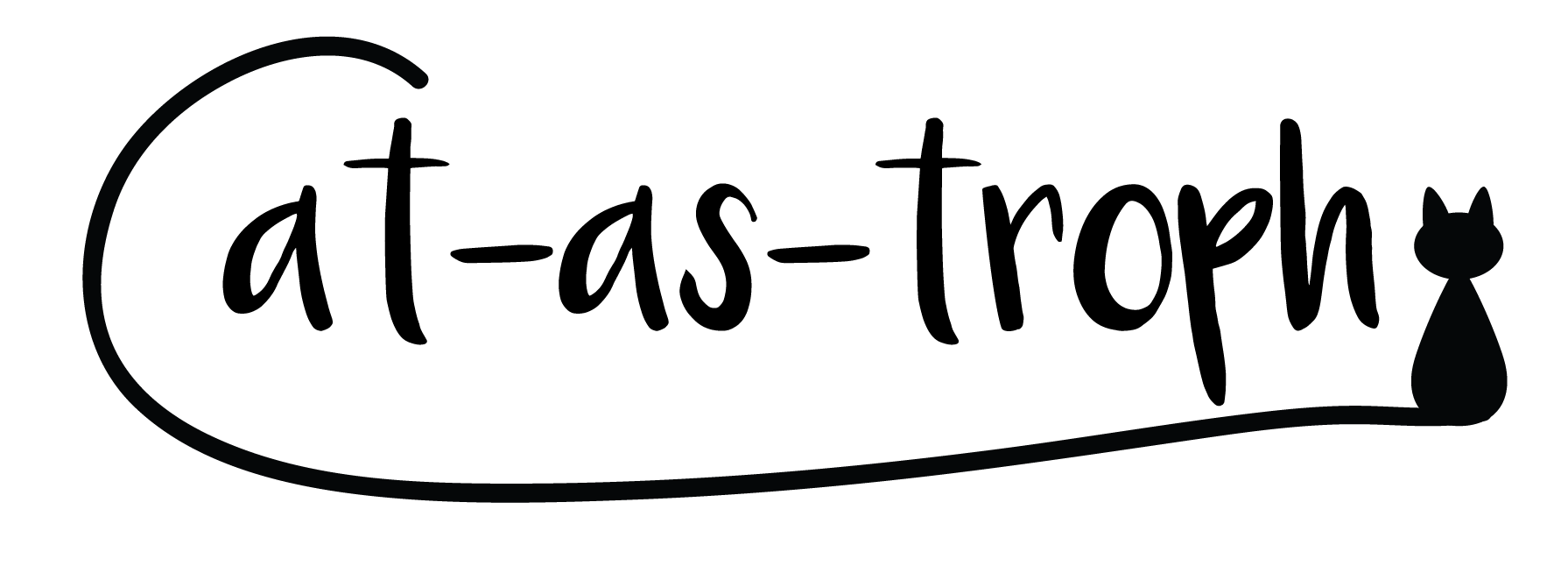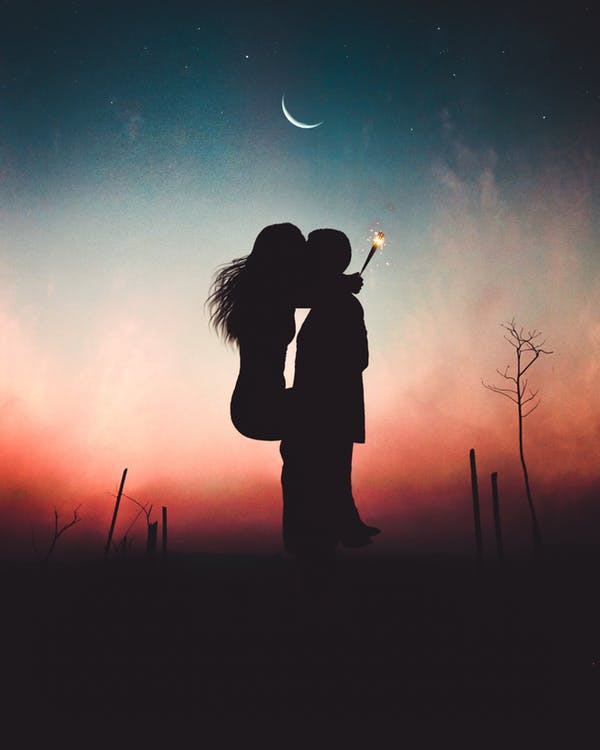Recently, I’ve spent some time working my way through the bestseller list of YA romance fiction – everything from John Green to hit debuts such as Everything Everything by Nicola Yoon, which was recently made into a movie.
Don’t get me wrong, I enjoyed the book. But for now I’m done with YA fiction and going back to my usual genre of world lit, classics and general gritty depressing stories that leave me in existential doubt for days afterwards.
As charming as it sometimes is to indulge in the idealistic world of manic pixie dream girls (MPDGs); deep conversations under the stars; and passionate, obsessive love affairs; it’s all starting to feel a bit fake. Here are the 5 biggest cliches that I think have been way overdone in YA these days.
The Manic Pixie Dream Girl.
She’s beautiful. She’s deep. She’s probably a metaphor. She’s ‘broken’ but ‘strong’ and wants to make cryptic remarks about the meaning of life on a rooftop at 3am. She’s ‘not like the other girls’ because she’s a special snowflake and apparently has the ability to understand life better than everyone else, despite being a teenager with no actual life experience.
Most likely she has a mental illness that’s probably being romanticised by the male love interest. Examples: basically anything written by John Green, pretty much ever.
Astronomy.
The MPDGs favourite activity? Astronomy of course. Because relating everything in your life to the workings of the universe automatically makes you deep, apparently. Sorry, no. It doesn’t make you deep. It makes you sound kind of egotistical and occasionally like a bad science textbook. Example: Everything Everything by Nicola Yoon.
The dead parent/sibling/relative trope.
Quite often it just seems like a lazy attempt to remove the adults from the story so the author doesn’t have to write them. In reality, family relationships are a pretty damn huge part of teenager’s lives. It’d be nice to see some more YA novels accurately reflect that.
Romanticising mental illness.
This one worries me. While I have read some books which have given the topic the gravity it deserves (Laurie Halse Anderson does this excellently) I’ve also read many more that treat it as ‘teenage angst’ or an interesting quirk to make the character seem broody, mysterious and ultimately more attractive.
Yeah, no. Just don’t. Being depressed isn’t sexy, it’s just extremely unpleasant and soul-destroying really.
Instalove!
Because why spend valuable pages on having the characters actually get to know each other when they could be discussing the stars and their undying love instead.
What tropes and cliches do you hate in YA fiction?
♣
This article was originally published here, and was edited and reformatted for publishing at black CATastrophy.
♣
About the Author

Annmarie McQueen is a London-based writer, blogger, and idealistic millennial. She enjoys instagramming food, taking selfies with dogs, and spoken word. If you want to make her super happy, please check out her my new novel ‘This Really Happened’ here.



well put
LikeLiked by 1 person
And you could go on and on…. lol.
LikeLiked by 1 person
Indeed, we could! haha
LikeLike
I’ve definitely noticed these themes, too!
I have to say, though, that after reading so many romance novels (that are overflowing with tropes), I’ve learned that I can’t say that I hate any in particular… I just don’t enjoy how some of them are approached. I say this because I have read books in which a trope is done really, really well and then I’ve read books where the tropes are done really poorly (in my opinion.)
This has happened often enough that I’ve stopped saying things like, “I hate instalove” because, next thing I know, I’m reading a book that proves me wrong. It’s all about execution, for me.
All that being said, I read mainly romance and likely have a much higher tolerance for tropes than most 🙂
LikeLike
Sorry for the late response, Bree!
I stopped reading romance a long time ago, because of these tropes. I read books with romantic elements, and even write them into my own. But I don’t read pure-romance novels. These cliches make the formula pretty repetitive and boring for me.
I do understand, however, that some people love them! And if that wasn’t the case, writers wouldn’t keep using them.
Keep reading! And thanks for dropping by!
— Alex
LikeLiked by 1 person